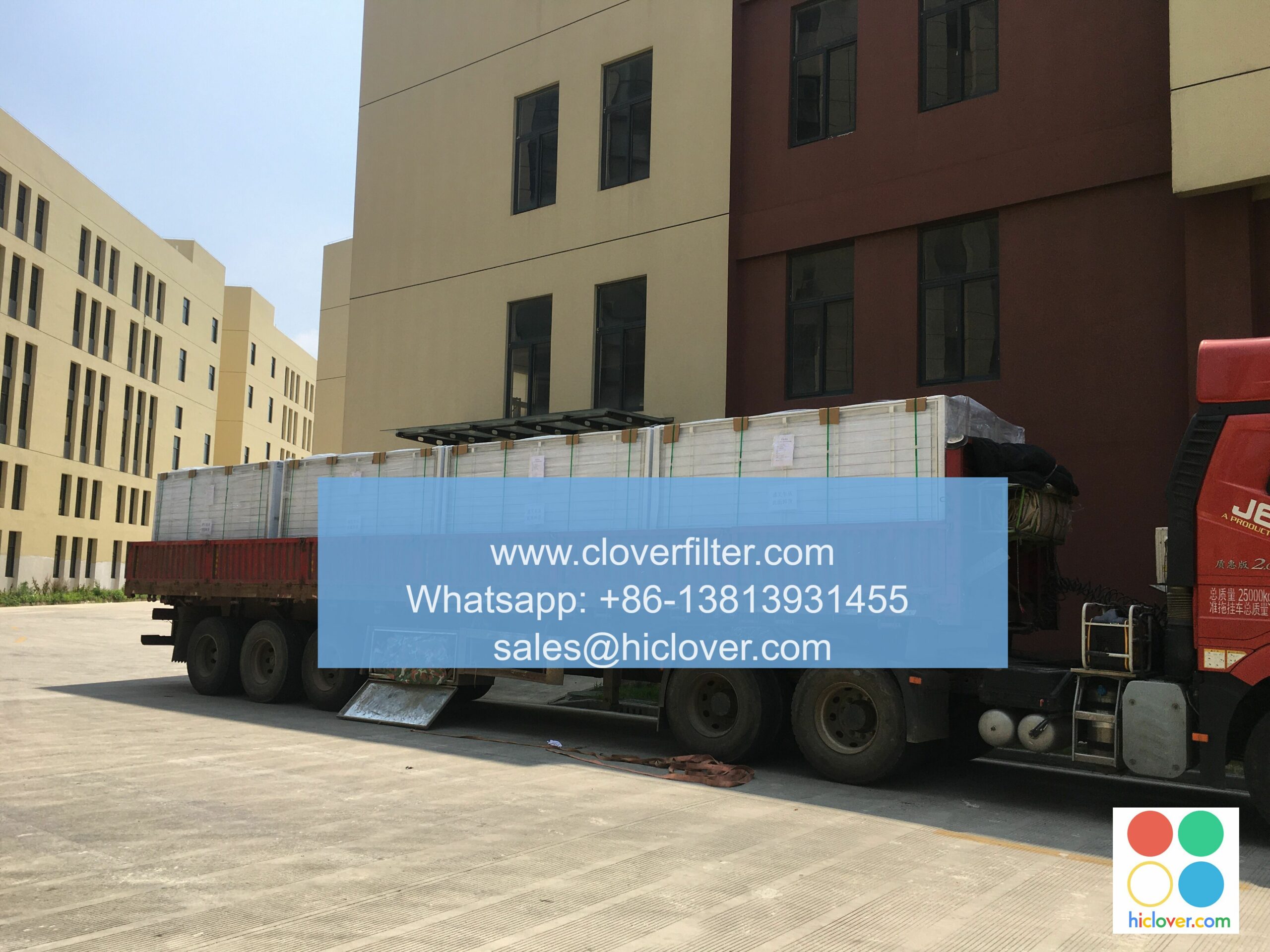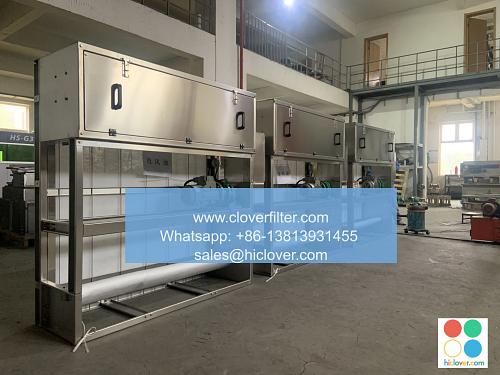The Benefits of Smart Air Filters: A Look at Durability and Performance

As the world becomes increasingly concerned with air quality and indoor air pollution, the importance of smart air filters has never been more evident. These cutting-edge filters are designed to provide optimal air purification and filtration efficiency, making them an essential component of any indoor air quality management system. In this article, we will delve into the benefits of smart air filters, with a focus on their durability and performance, and explore their various application areas, including residential, commercial, and industrial settings.
Durability and Longevity
One of the primary advantages of smart air filters is their extended lifespan and durability. Unlike traditional filters, which often need to be replaced every few months, smart air filters are designed to last for longer periods, typically ranging from 6 to 12 months, depending on the air quality conditions and usage patterns. This extended lifespan not only reduces waste disposal costs but also minimizes the hassle of frequent filter replacements, making them a cost-effective solution for homeowners and businesses alike.
Advanced Performance Features
Smart air filters boast an array of advanced performance features that set them apart from their traditional counterparts. Some of the key features include:
* High-efficiency particulate air (HEPA) filtration, which captures 99.97% of particles as small as 0.3 microns, including pollen, dust, and other allergens.
* Activated carbon filtration, which effectively removes odors, gases, and volatile organic compounds (VOCs) from the air.
* Sensor technology, which continuously monitors air quality parameters, such as particulate matter (PM), temperature, and humidity, to optimize filter performance and energy efficiency.
* Wi-Fi connectivity and mobile app control, which enable users to remotely monitor and adjust filter settings, receive maintenance alerts, and access air quality data and filter performance analytics.
Application Areas and Industries
The benefits of smart air filters are not limited to a single industry or application area. These advanced filters have a wide range of uses, including:
* Residential settings: Smart air filters are perfect for homeowners who want to improve indoor air quality and reduce allergy symptoms.
* Commercial settings: Offices, restaurants, and retail stores can benefit from smart air filters, which help to maintain a healthy indoor environment and reduce absenteeism due to air quality-related illnesses.
* Industrial settings: Smart air filters are used in various industrial applications, such as manufacturing facilities, warehouses, and data centers, to improve air quality and reduce equipment downtime.
* Healthcare settings: Smart air filters are particularly useful in hospitals and clinics, where infection control and patient safety are top priorities.
Conclusion
In conclusion, smart air filters offer a range of benefits, including durability, advanced performance features, and versatility in various application areas. By incorporating smart air filters into your indoor air quality management system, you can enjoy cleaner air, reduced maintenance costs, and improved overall health and well-being. Whether you’re a homeowner, business owner, or facility manager, smart air filters are a smart investment for anyone looking to breath easy and live healthy. It looks like you didn’t include a prompt. Could you please provide one, such as a question, topic, or task you’d like me to help with? I’m here to assist you!

